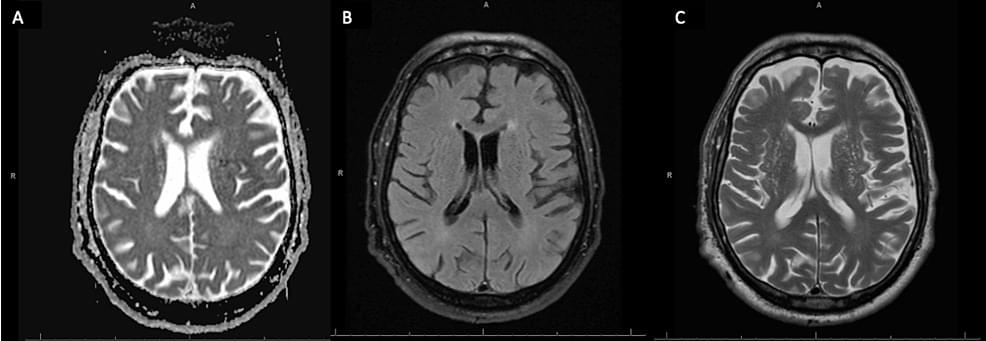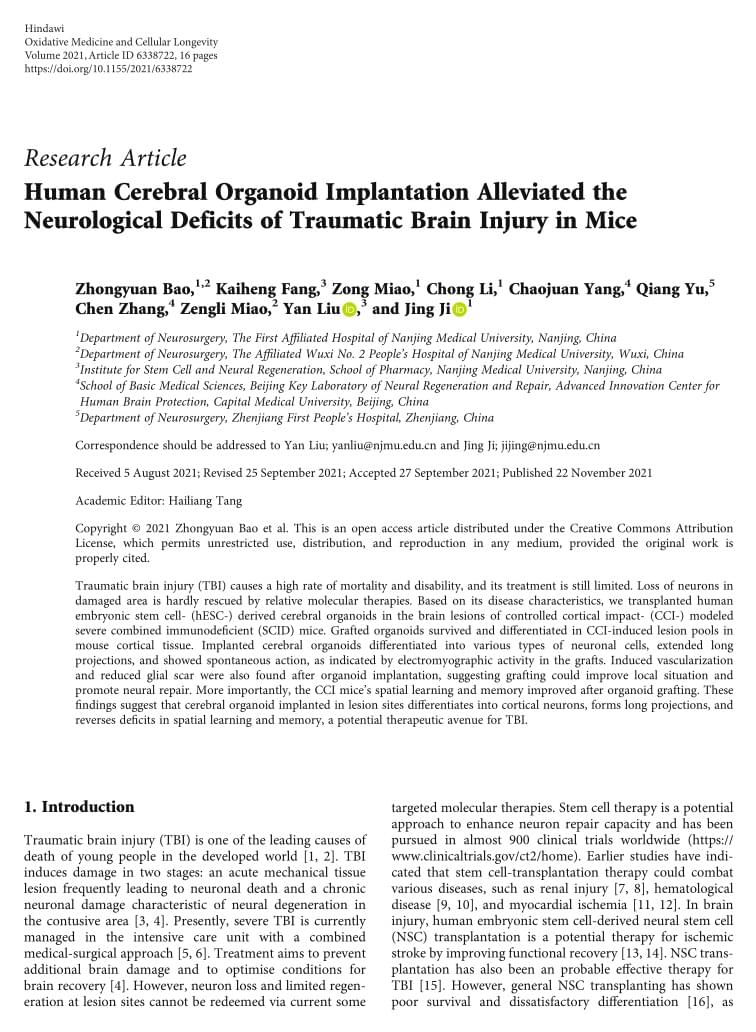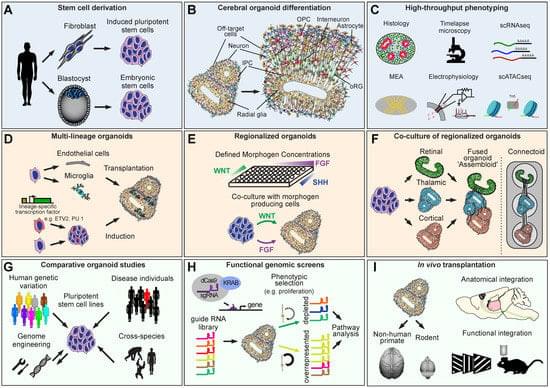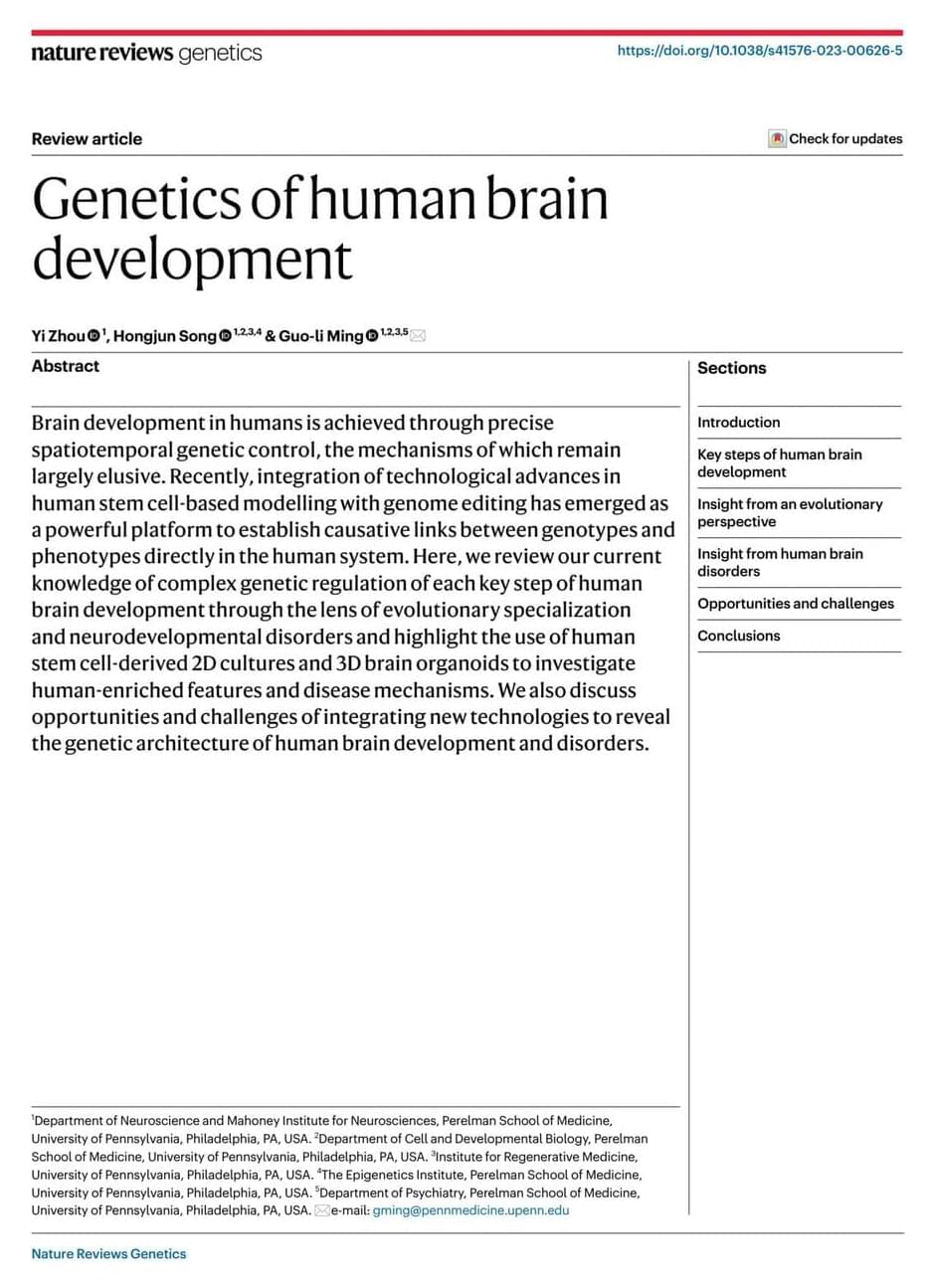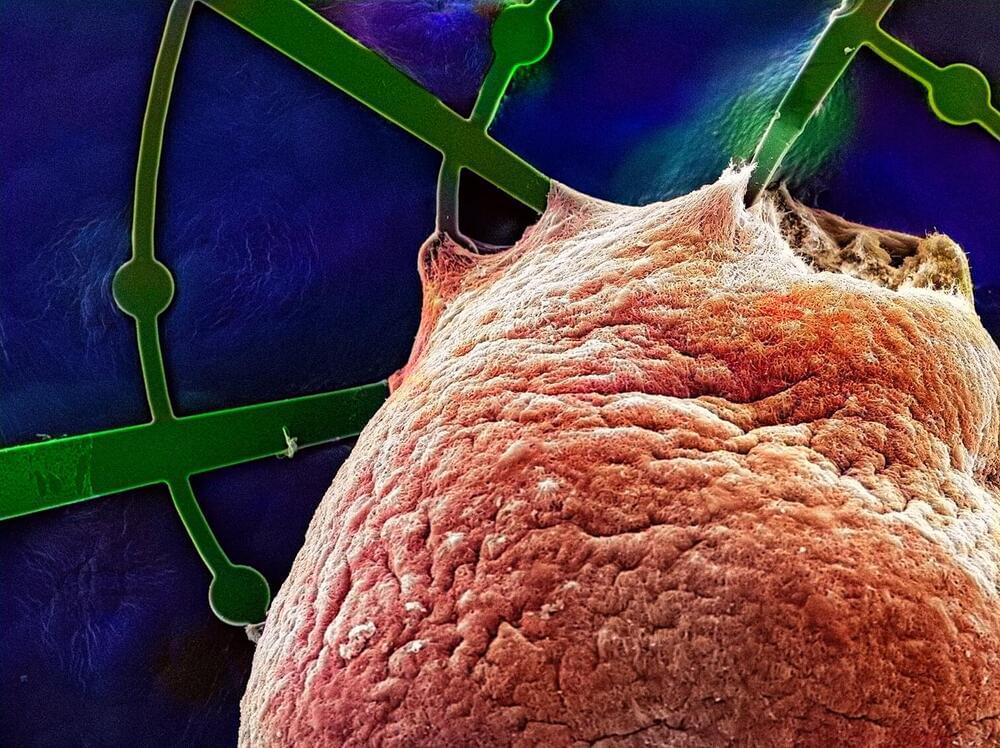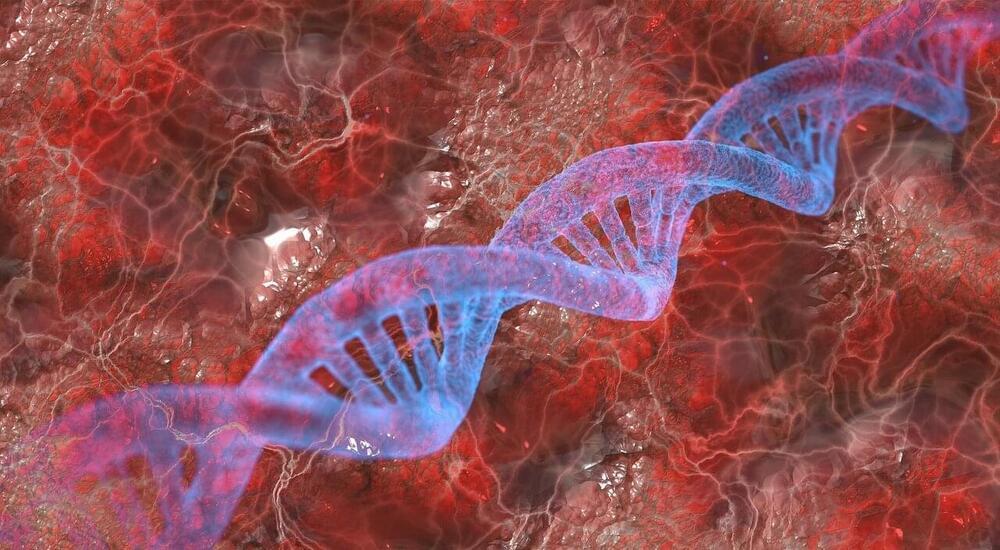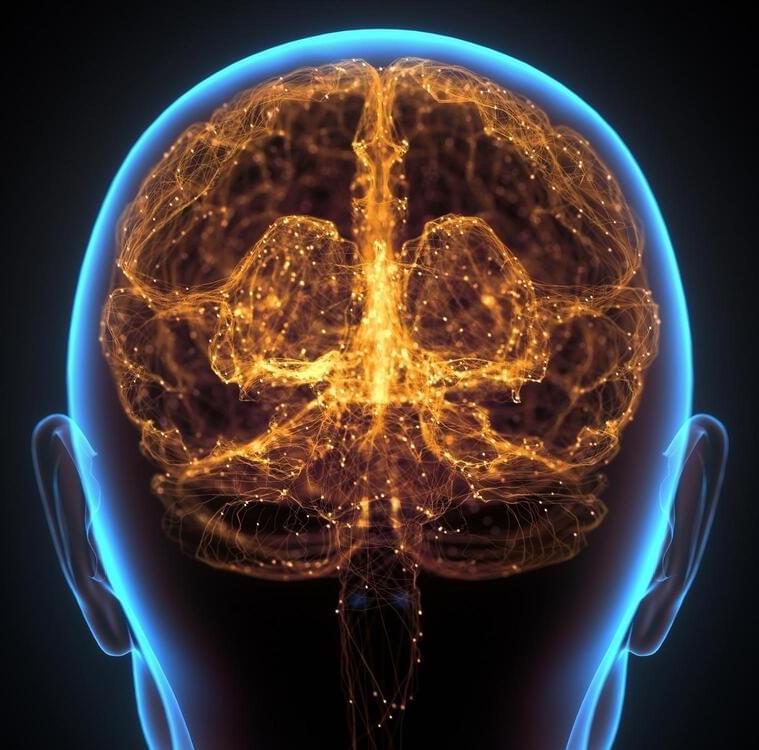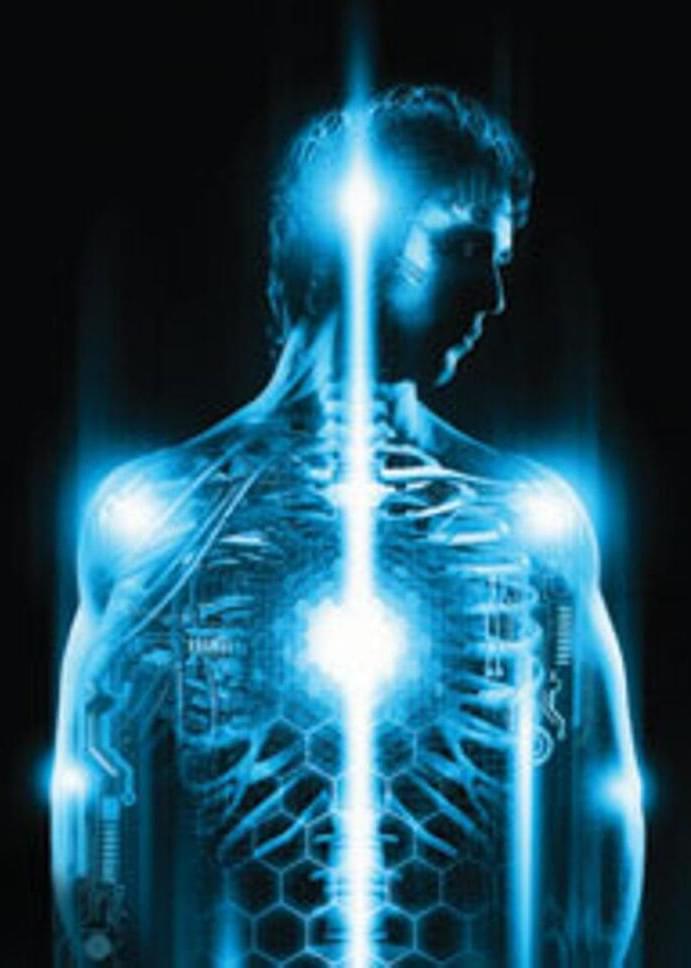Diving into the complexities of Seronegative Autoimmune Encephalitis — a journey through diagnostic hurdles and treatment paths. Discover more: 👉 https://bit.ly/3TwTulh ✨
Seronegative autoimmune encephalitis (AE) is a rare, immune-mediated inflammatory syndrome that presents with a wide spectrum of neuropsychiatric symptoms, such as cognitive impairment, seizures, psychosis, focal neurological defects, and altered consciousness. This disease process presents with no identifiable autoimmune antibodies, which leads to uncertain diagnosis, delayed treatment, and prolonged hospital admissions. Early diagnosis and prompt treatment of AE should not be delayed, as early recognition and treatment leads to improved outcomes and disease reversibility for these patients. In this study, we present a case report of a 77-year-old male who presented with acutely altered mental status. This patient underwent an extensive workup and demonstrated no signs of clinical improvement throughout a prolonged hospital admission.
